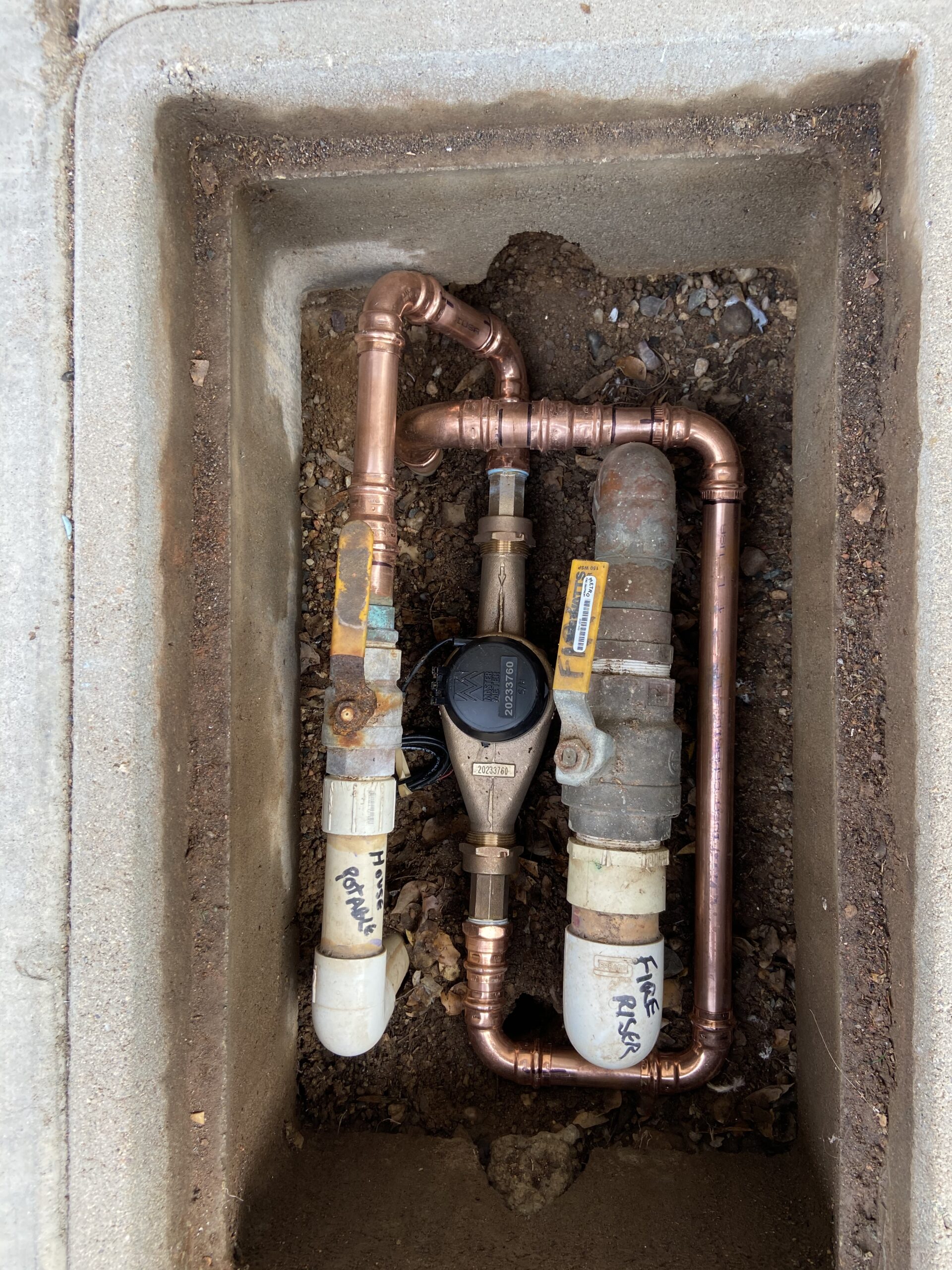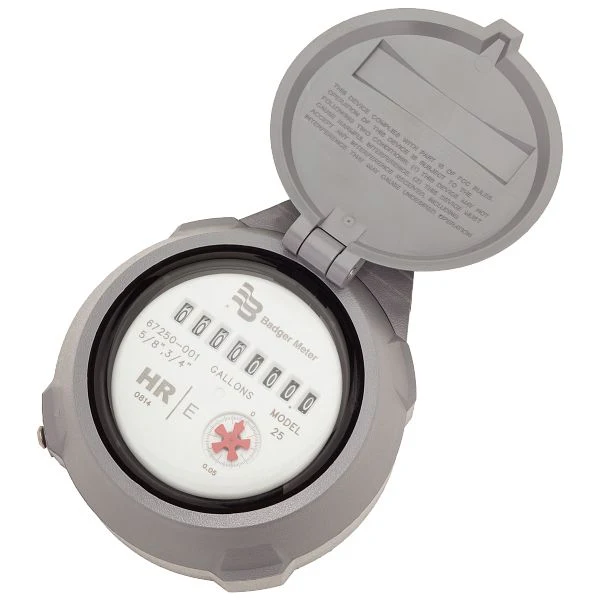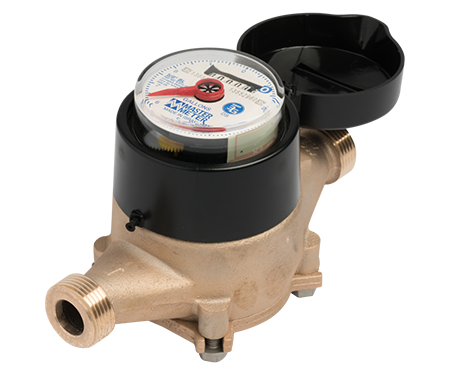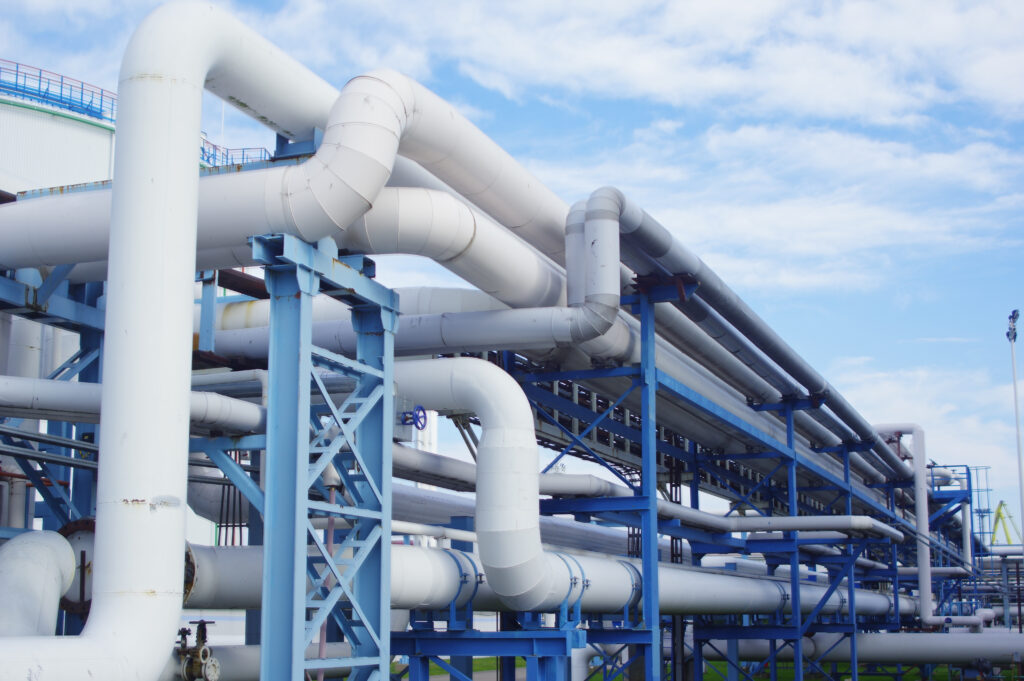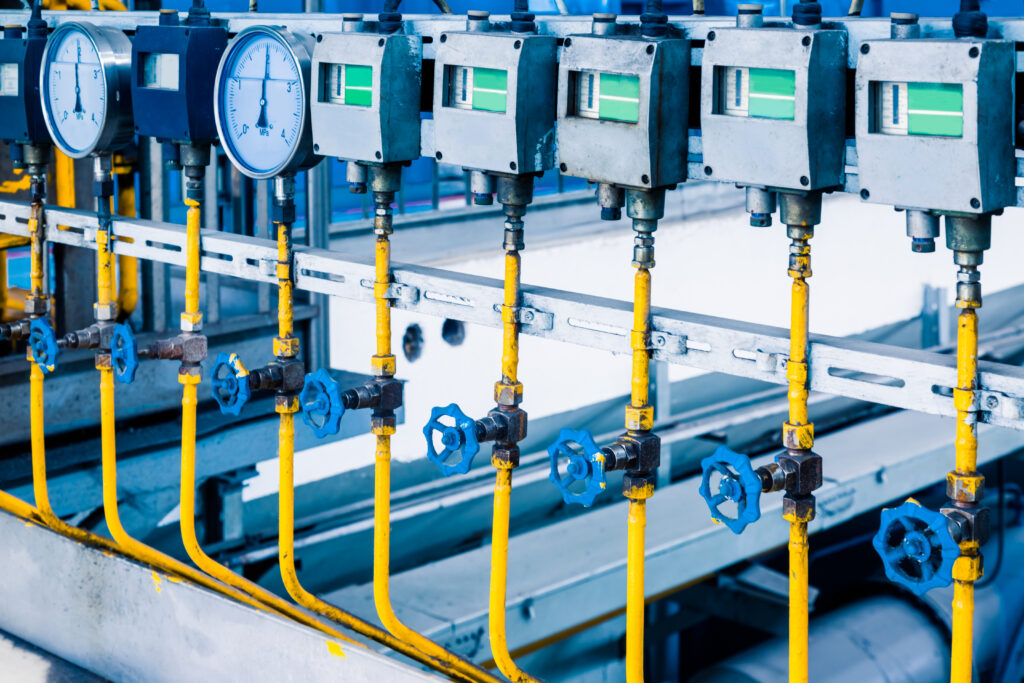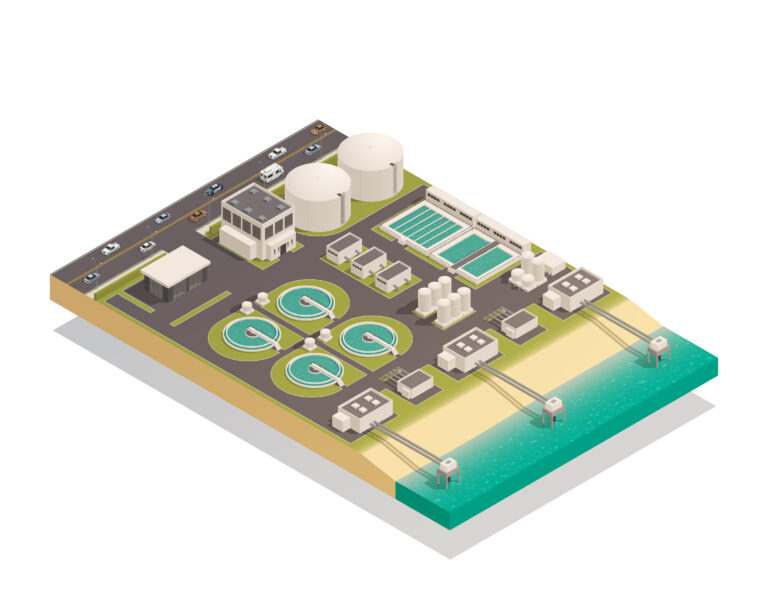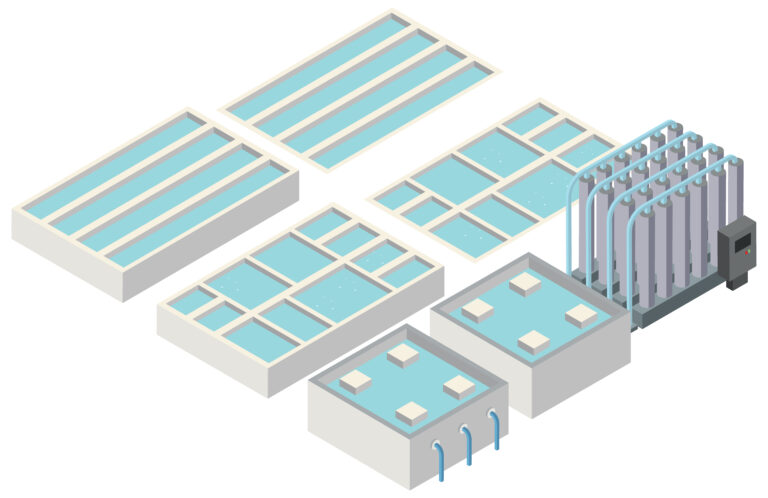-
0 Comments
Water is one of the most critical resources in the face of growing climate variability, increasing population pressure, and aging infrastructure. As demand intensifies and environmental conditions become less predictable, water utilities, municipalities, and property managers must adopt smarter, more sustainable management strategies. Among the most promising innovations is Advanced Metering Infrastructure (AMI)—a technology-driven system that enables detailed, real-time monitoring of water usage.
AMI has emerged as a powerful solution to address inefficiencies and drive conservation outcomes. However, its success lies not only in the technology itself but in the strategic collaboration and planning that surrounds its implementation. Phoenix Water Solutions (PWS) supports clients across Arizona and beyond in this transition, delivering customized AMI strategies that unlock sustainable improvements across sectors.
Challenges in Traditional Water Monitoring
Many organizations continue to rely on traditional metering systems, which offer limited visibility into water consumption. Typically, these systems involve manual meter reading and monthly billing cycles—methods that are inherently reactive and offer little granularity. As a result, leaks may go undetected, high usage patterns remain unexplained, and operational inefficiencies persist.
The U.S. Environmental Protection Agency (EPA) notes that conventional systems often lack the precision and responsiveness needed to support water conservation goals or resolve tenant disputes related to billing (EPA, 2016). This shortfall can lead to increased operational costs, missed opportunities for conservation incentives, and growing dissatisfaction among residents or customers.
However, these challenges do not indicate mismanagement; rather, they underscore the need for modernization and better tools. Recognizing this gap is the first step toward transformation.
The AMI Solution: Transforming Data Into Action
Advanced Metering Infrastructure (AMI) offers a comprehensive, data-driven approach to water monitoring and management. Unlike traditional systems, AMI allows utilities and property owners to remotely monitor water usage in near real-time. Through smart meters, communication networks, and software platforms, users gain access to granular data at the household, unit, or system-wide level.
Core benefits of AMI include:
Leak detection at early stages through continuous flow monitoring.
Usage transparency for both managers and consumers.
Improved billing accuracy with automated, time-stamped reads.
Reduction in manual operations, including meter reading and field visits.
Behavioral insights that support education and water conservation initiatives.
According to recent EPA findings, AMI-enabled utilities have achieved water savings of up to 20%, primarily through early leak detection, consumer awareness, and behavioral adjustments (EPA, 2023).
Documented Results Through Collaboration
Case studies and field implementations have shown that AMI systems generate not just cost savings but meaningful sustainability outcomes when implemented thoughtfully and collaboratively.

In another project involving a commercial retail property, AMI data helped isolate a malfunctioning irrigation controller responsible for excessive nighttime watering. Once resolved, the property experienced a $10,000 reduction in annual water costs, while also gaining a valuable data baseline for future efficiency upgrades. In both cases, success stemmed not from identifying shortcomings, but from embracing a shared commitment to sustainable change through actionable insights and modern tools.
How Phoenix Water Solutions Supports AMI Success
While the benefits of AMI are well-documented, realizing them requires more than just installing smart meters. The true value lies in the system’s design, integration, and ongoing support. Phoenix Water Solutions works closely with property managers, municipal water systems, and commercial clients to ensure AMI projects are tailored, scalable, and aligned with operational goals.
Key areas of support include:
Feasibility assessments and cost-benefit modeling
System design and integration based on infrastructure needs
Resident and staff onboarding, including dashboard training
Continuous performance monitoring and leak detection reporting.
Grant advisory support, including help with WIFA Conservation Grants and USBR WaterSMART applications
This comprehensive approach ensures that organizations are not only investing in technology but also building the capacity to use it effectively.
Conclusion
The need to monitor and manage water usage more intelligently is not just a trend—it is an imperative. Advanced Metering Infrastructure provides the granularity, responsiveness, and transparency required to meet this challenge. When deployed collaboratively and supported strategically, AMI becomes a catalyst for operational efficiency, cost savings, and long-term water sustainability.
The most successful AMI projects are not those that simply replace old meters, but those that transform organizational decision-making, promote public engagement, and build resilience into water systems. With Phoenix Water Solutions as a partner, organizations gain the tools and insights they need to turn data into action—and action into lasting impact.
Next Steps: Partner with PWS for Smart Water Management
If you’re considering AMI or seeking to evaluate your current system’s performance, now is the time to explore a smarter, more sustainable approach to water management.
🔹 Schedule a free consultation with Phoenix Water Solutions
🔹 Learn about AMI grant and funding opportunities
🔹 Explore our case studies and solution dashboards
Visit www.phoenixwatersolutions.com to start your AMI journey today.
References
- Environmental Protection Agency (EPA). (2016). Water Efficiency Management Guide: Water Meters. U.S. Environmental Protection Agency. Retrieved from https://www.epa.gov/sites/default/files/2017-01/documents/ws-commercialbuildings-waterusagemanagementguide.pdf
- Environmental Protection Agency (EPA). (2023). Advanced Metering Infrastructure. U.S. Environmental Protection Agency. Retrieved from https://www.epa.gov/smartgrowth/advanced-metering-infrastructure
- Water Infrastructure Finance Authority of Arizona (WIFA). (2024). Annual Report on Water Conservation and Infrastructure Modernization. Retrieved from https://wifa.az.gov
